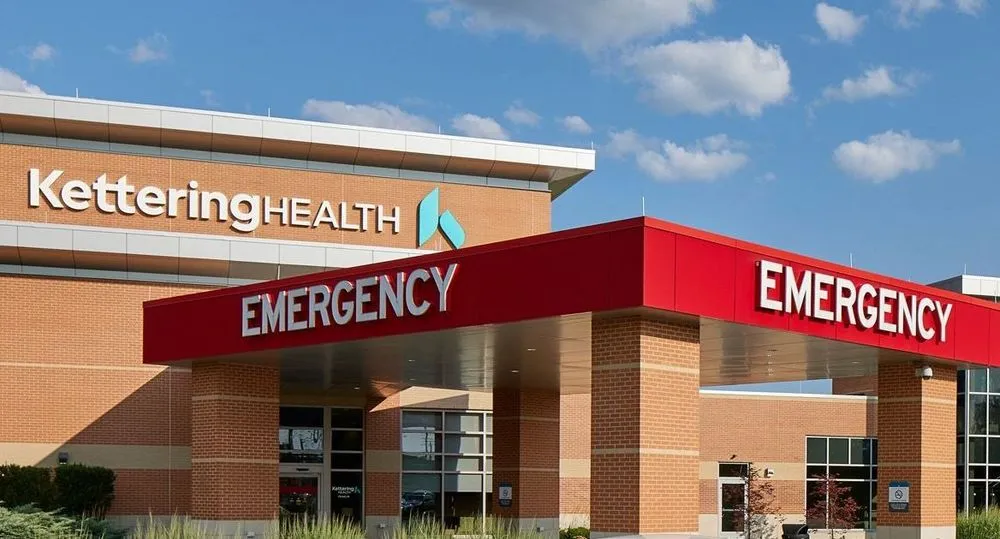Cyber Attack Disrupts Kettering Health Network: What Patients Need to Know

A massive cyber attack has hit Kettering Health Network, creating widespread disruption across its medical centers in Ohio. This incident has raised serious concerns for patients, healthcare workers, and the broader community. In this article, we break down what happened, the current status, and what steps patients and staff can take during this challenging time.
The Scope of the Cyber Attack on Kettering Health Network
Early Tuesday morning, Kettering Health Network detected a significant cybersecurity incident. Within hours, reports emerged about a system-wide technology outage disrupting hospitals and clinics in the region. The outage affected multiple services, limiting access to critical patient care systems, stopping phone lines, and causing cancellation of elective procedures.
Kettering Health, which runs 14 medical centers and employs over 1,800 doctors, quickly admitted to the gravity of the event. Infections across the network hindered access to call centers and impacted the MyChart patient portal, a vital tool for many seeking appointments or records.
Confirmed Details: Ransomware & Extortion Demands
Security teams discovered that ransomware—a type of malicious software holding computer systems hostage for payment—was used in the cyber attack on Kettering Health Network. Reports confirm that a ransom note from the attackers threatened to leak sensitive patient data unless the network started negotiations. It’s believed the group behind the attack is the Interlock ransomware gang, known for targeting healthcare and critical infrastructure.
The FBI, US Cybersecurity and Infrastructure Security Agency (CISA), and the Department of Health and Human Services are reportedly monitoring the situation. So far, the hospital system has not shared details about ongoing negotiations or possible payments.
Immediate Impact on Patient Care and Hospital Operations
The cyber attack forced Kettering Health to cancel inpatient and outpatient procedures. Affected facilities had to reschedule appointments, impacting hundreds of patients. Despite these challenges, emergency rooms and urgent clinics remain open. The health system emphasized that backup protocols are in place to continue providing necessary care.
Staff are working with limited digital resources. Access to electronic health records, medication tracking systems, and certain communication tools has been impaired. Nurses and doctors have turned to manual options and temporary workarounds to ensure safety.
Secondary Risks: Scams and Fraud Targeting Patients
During the outage, scammers have taken the opportunity to prey on vulnerable patients. Some fraudsters impersonated staff, calling patients to steal credit card information. Kettering Health now warns the public that they will not request payment information over the phone during the crisis. Patients are urged to hang up immediately on suspicious calls and report them to law enforcement.
Lessons for Healthcare Cybersecurity
This incident underscores the urgent need for stronger cybersecurity across the medical sector. Hospitals hold sensitive medical and financial information, making them prime targets for ransomware gangs. In recent years, similar attacks have disrupted care nationwide, putting patient safety and privacy at risk.
What Should Patients Do Next?
- Remain calm, and follow all instructions from Kettering Health’s official website or verified social media channels.
- Do not share sensitive personal or financial information over the phone, especially if someone claims to be from the hospital.
- Reschedule non-emergency appointments as directed.
- Report any suspicious calls or emails to local law enforcement and the hospital’s official contact channels.
Conclusion
The cyber attack on Kettering Health Network demonstrates how digital threats now directly affect patient care. While the health system continues to respond and adapt, staying informed and vigilant is essential for patients and their families. For ongoing updates and deeper insights into this crisis, see the latest coverage from The Record, CNN, and the Dayton Daily News.
Stay alert, protect your information, and rely only on official sources during the recovery from the Kettering Health Network cyber attack.